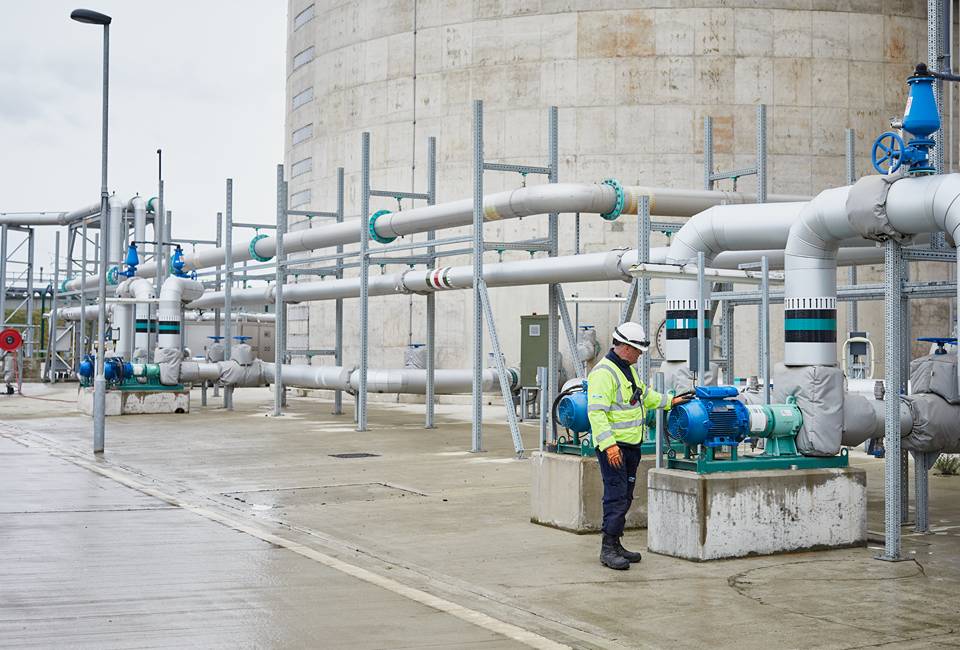Yorkshire Water trials gels to remove rising main sediment

4/26/2023
Yorkshire Water and its partners Morrisons Water Services and Intelligent Gels have successfully trialled the use of gel to remove sediments from rising mains.
The trial saw gel inserted into the wastewater network and used existing pumping within the network to push it through 4km of nine-inch sewers to remove sediment and build up in rising mains.
The chosen viscosity and chemical make-up of the gel is relative to the types of materials it is required to remove. Within the sewer network this includes stones, grit, rubble, sediment, soil, and fats, oils and greases.
Mark Gregory, project manager at Yorkshire Water, said: “We are always looking at innovative new technologies to help us manage our networks and make them more efficient.
“This successful trial removed sediment from a large section of our network, ultimately helping to protect the pumps, extend their life, reduce the likelihood of failures and the associated customer and environmental impact that can have. This is an exciting development and one we’re looking at using further across our network.”
Approximately 10m3 of sediment was removed from the section of sewer, which has helped to reduce the load on the pumps, energy consumption, maintenance costs and the likelihood of pumps failing due to blockages. The gel and sediments were successfully disposed of at Knostrop treatment works.
The removal of sediment from sewer pipes also prolongs pipeline life and reduces the potential for sewer escapes and pollutions.
Matt Wilson, managing director at Intelligent Gels said: “We are always creating new ways for gels to be applied with the sector, tackling difficult issues. In this case, utilising the flexible chemistry capabilities to create a unique plug and play system that can be applied to the rising main systems throughout the UK. We look forward to expanding the use of gels and strive to ensure that it is integrated into ‘business as usual’ operations, keeping the network cleaner for longer and reducing pollution events in the future.”
